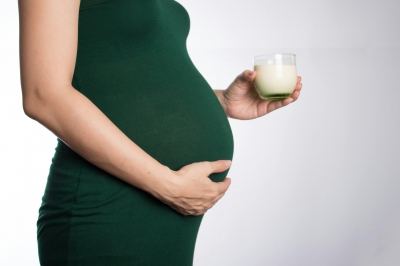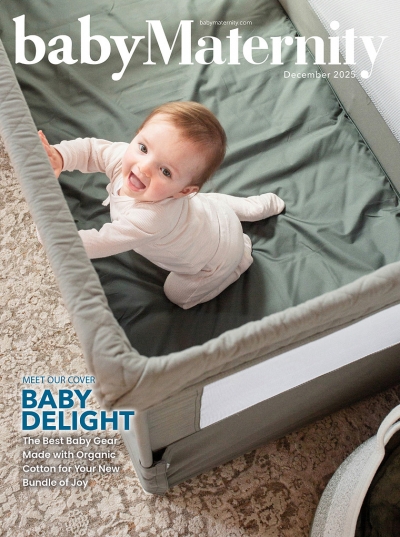Fertility in this Generation
Whether you’re in your 20’s, 30’s or 40’s, your peers and family may be asking you the big question, “When will you have a baby?” If you have already been blessed with your first child and maybe even your second, you may be hearing the other big question, “Are you going to try for one more?” No matter where you are in your pregnancy journey, in this generation, there are more resources, more advanced technology, and often more influences from the media when making the decision to start or expand your family.
In your 20’s…
Doctors say that this is the time that your body is in optimal health for reproduction as far as ovulation and fertility goes. Your mental, emotional and financial status may or may not be though. Many women in centuries past had already given birth to their 2nd or 3rd child by age 25, but in this day and age most women are opting to wait.
Whether the delay is due to career advancement or maturity level, or an increased focus on other life goals, more women are opting to wait. In 2016, more companies are also offering added health benefits to help cover the cost to freeze eggs, which can help make the choice to wait more appealing.
In your early 30’s…
As women age, their fertility and reproductive health will begin to change, often with a stigma of “you’re biological clock is ticking”. However, the changes are gradual and for some women, there is no noticeable change in health and wellness.
Around this age, many of us also begin to get baby fever, but don’t worry if you’re not ready yet. Physically, women are able to get pregnant well into their late 30’s with no issues and are still at low risk for complications. Now, with the many types of fertility treatments out there, having a baby in your 30’s is becoming more common.
In your late 30’s…
Women need to begin considering the fact that after age 35 your body may now be embarking on the end of its fertility journey. According to the experts at the Centers for Disease Control and Prevention, egg quality, quantity and the risk of miscarriage are all factors that may affect your chances of getting pregnant.
If after 9 months to a year pass and you’re still not pregnant, it may be time to see a reproductive endocrinologist.
Continued on page 2...













